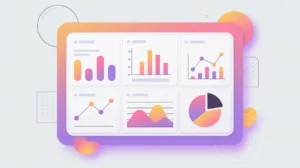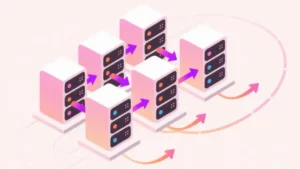Importance of Model Cards and System Cards
Model Cards and System Cards are standardized documentation tools designed to improve transparency in AI development and deployment. Model cards describe an AI model’s purpose, performance, limitations, and intended use cases, while system cards extend this concept to entire AI systems, including their data pipelines, interfaces, and operational risks. Their importance today lies in helping stakeholders understand the context, strengths, and limitations of AI tools.
For social innovation and international development, model and system cards matter because they make AI more accountable in environments where trust, inclusivity, and responsible use are essential. Clear documentation empowers mission-driven organizations to adopt AI more safely and effectively.
Definition and Key Features
Model cards were introduced by Google researchers in 2019 as a way to provide structured, accessible information about machine learning models. A typical model card includes details about training data, evaluation metrics, intended applications, ethical considerations, and known limitations. System cards expand this approach to cover broader infrastructure and deployment, describing how models interact with data sources, users, and safeguards.
They are not the same as technical documentation aimed solely at engineers, which may omit ethical and social considerations. Nor are they equivalent to marketing materials, which emphasize capabilities without disclosing limitations. Model and system cards prioritize transparency and accountability.
How this Works in Practice
In practice, model cards might outline that a language model performs well in English but has lower accuracy in underrepresented languages, or that a vision model struggles with certain lighting conditions. System cards could describe how content moderation tools handle flagged material, the human oversight processes involved, and escalation mechanisms. These tools guide informed adoption, risk mitigation, and community trust.
Challenges include ensuring cards are updated regularly, presented in accessible language, and tailored for different audiences. Some organizations resist full disclosure due to competitive pressures or legal risks, which limits the cards’ effectiveness.
Implications for Social Innovators
Model and system cards support responsible AI adoption in mission-driven work. Health programs can use them to evaluate whether diagnostic models are validated for their target populations. Education initiatives can review cards to understand the inclusivity of adaptive learning tools. Humanitarian agencies can rely on system cards to assess risks in crisis-response AI systems. Civil society groups can demand model cards as part of transparency and advocacy efforts.
By embedding structured transparency into AI systems, model and system cards help organizations make informed decisions, build accountability, and safeguard communities.







